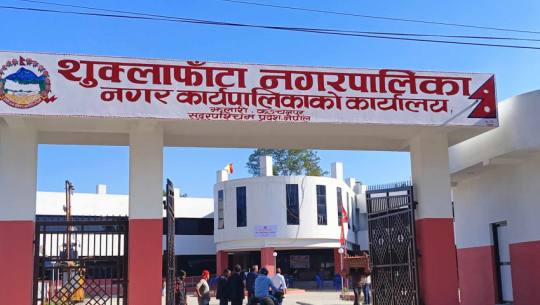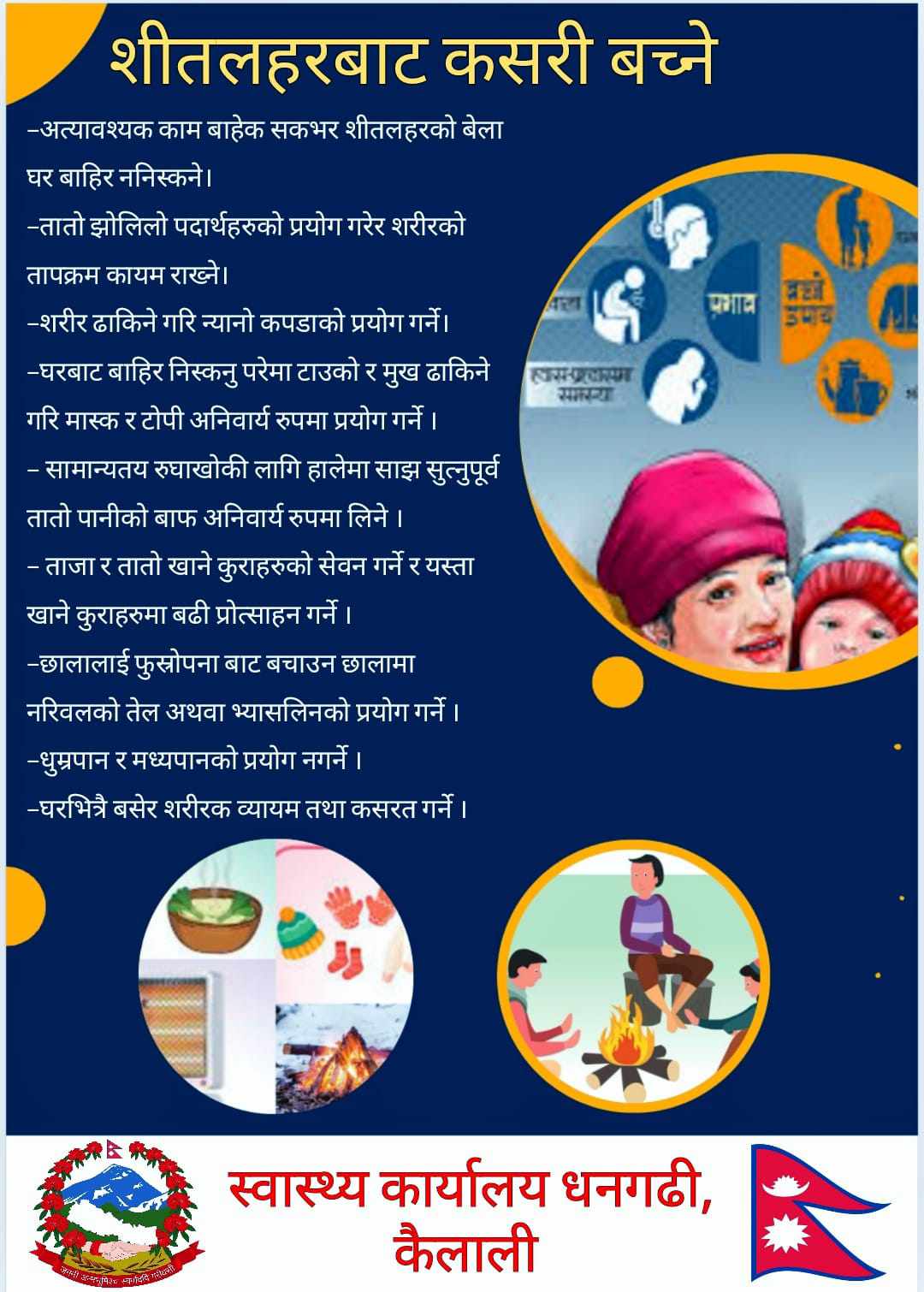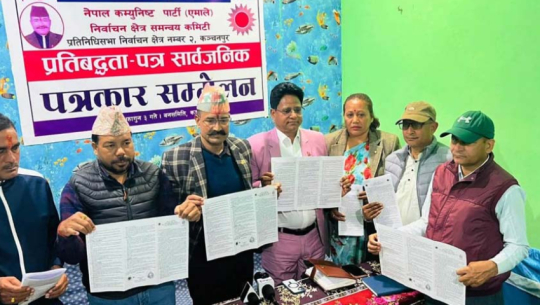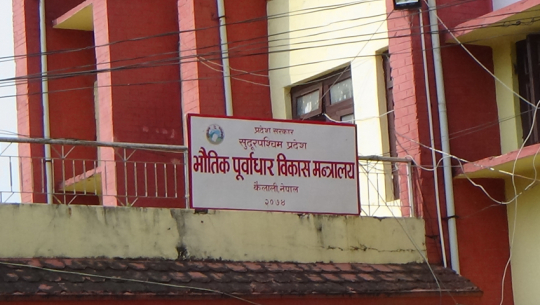Shuklaphanta municipality takes initiative to market agricultural produce in buffer zone

Kanchanpur: Shuklaphanta Municipality has begun efforts to connect farmers engaged in commercial agriculture within the buffer zone of Shuklaphanta National Park to better market access, aiming to reduce post-harvest losses and ensure fair prices for produce.
The municipality has collected suggestions from farmers for marketing vegetables, grains, fruits, turmeric, and other crops. Problems faced in the marketing of agricultural goods were identified through consultations with farmers, vegetable traders, agrovet operators, and others within the areas covered by the Trishakti and Sundevi Consumer Committees.
Bharat Bahadur Bista, Chairperson of the Sundevi Consumer Committee, said locally grown vegetables are being wasted due to lack of market access and price competitiveness. “Farmers work hard to grow vegetables, but they suffer due to the absence of a market,” he said.
Bista added that Indian vegetables, often sold without pesticide testing, dominate the local market with lower prices, making it difficult for local farmers to compete. He emphasized the need to promote alternative farming practices and strengthen the market chain, especially as wild animals continue to damage crops in the buffer zone.
Previously, farmers in Wards 6 and 7 had cultivated crops like camellia and besal, but the lack of consistent market access forced them to abandon the practice after just two years.
Shuklaphanta Municipality Mayor Rana Bahadur Mahara stated that steps are being taken to address these market challenges in coordination with both farmers and traders. He added that the Ministry of Agriculture has pledged the necessary budget for constructing physical infrastructure to support a local marketplace.
Basanti Chaudhary, a farmer from Ward No. 3, expressed frustration over the economic losses. “We can’t even recover the production cost since our vegetables don’t sell. Many have stopped vegetable farming because the produce rots in the fields,” she said.
The municipality has gathered feedback from the agriculture branch regarding major crops grown in the area, key challenges, and the role of women in farming. Discussions also focused on post-harvest handling, value chain issues, production and marketing in line with market demand, buyer preferences, seed selection, use of quality seeds, fertilizers and pesticides, crop suitability for pocket areas, and obstacles in the buying and selling process.
This initiative aims to develop a sustainable agricultural marketing framework to benefit local farmers and ensure that their hard work translates into economic returns.













